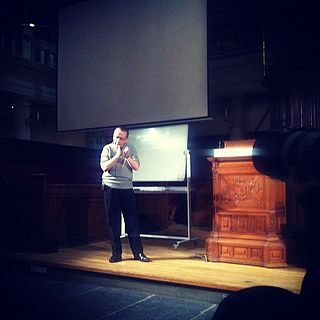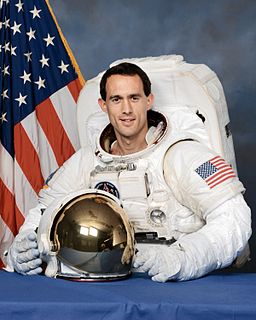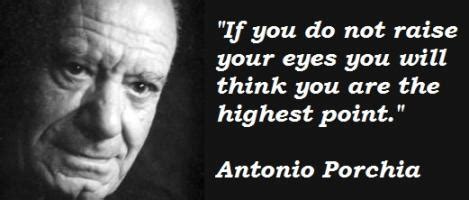A Quote by Manuel De Landa
Any materialist philosophy must take as its point of departure the existence of a material world that is independent of our minds.
Quote Topics
Related Quotes
One can delineate the domain of philosophy however one likes, but in its search for truth, philosophy is always concerned with human existence. Authentic philosophizing refuses to remain at the stage of knowledge […]. Care for human existence and its truth makes philosophy a 'practical science' in the deepest sense, and it also leads philosophy—and this is the crucial point—into the concrete distress of human existence.
Morality must be the heart of our existence, if it is to be what it wants to be for us. The highest form of philosophy is ethics. Thus all philosophy begins with "I am." The highest statement of cognition must be an expression of that fact which is the means and ground for all cognition, namely, the goal of the I.
Theology recognizes the contingency of human existence only to derive it from a necessary being, that is, to remove it. Theology makes use of philosophical wonder only for the purpose of motivating an affirmation which ends it. Philosophy, on the other hand, arouses us to what is problematic in our own existence and in that of the world, to such a point that we shall never be cured of searching for a solution.
In certain favorable moods, memories -- what one has forgotten -- come to the top. Now if this is so, is it not possible -- I often wonder -- that things we have felt with great intensity have an existence independent of our minds; are in fact still in existence? And if so, will it not be possible, in time, that some device will be invented by which we can tap them?
One of the great unresolved psychological enigmas of the modern western world is the question of what or who has persuaded us to accept as virtually axiomatic a self-view and a world-view that demand we reject out of hand the wisdom and vision of our major philosophers and poets in order to imprison our thought and our very selves in the materialist, mechanical and dogmatic torture-chamber devised by purely quantitative and third-rate scientific minds.
The mind is very wild. The human experience is full of unpredictability and paradox, joys and sorrows, successes and failures. We can't escape any of these experiences in the vast terrain of our existence. It is part of what makes life grand-and it is also why our minds take us on such a crazy ride. If we can train ourselves through meditation to be more open and more accepting toward the wild arc of our experience, if we can lean into the difficulties of life and the ride of our minds, we can become more settled and relaxed amid whatever life brings us.






































